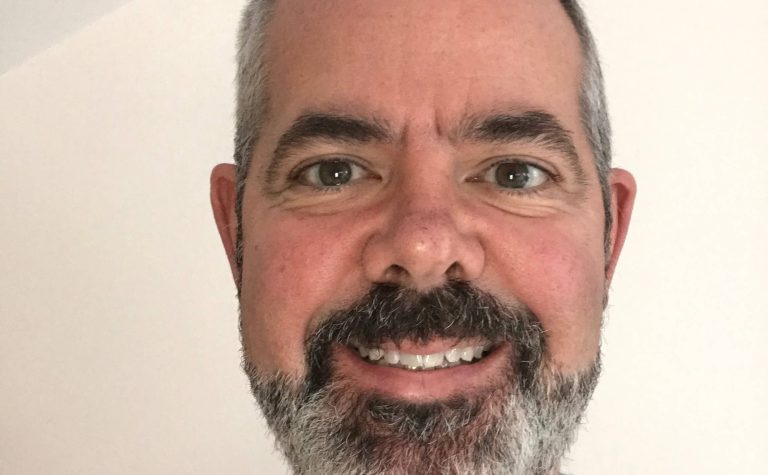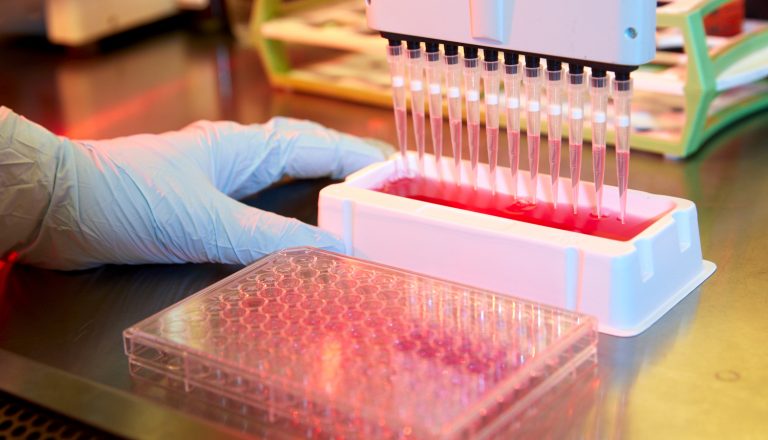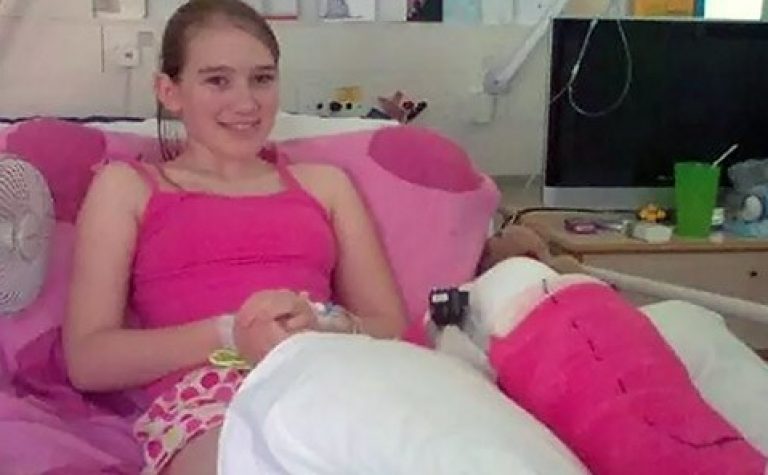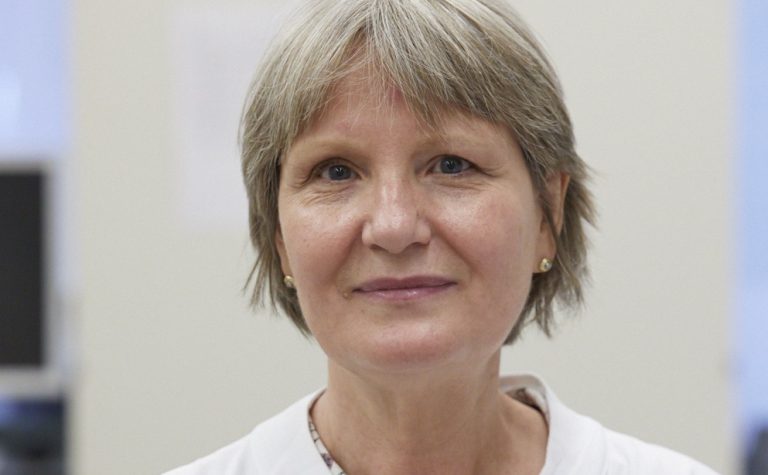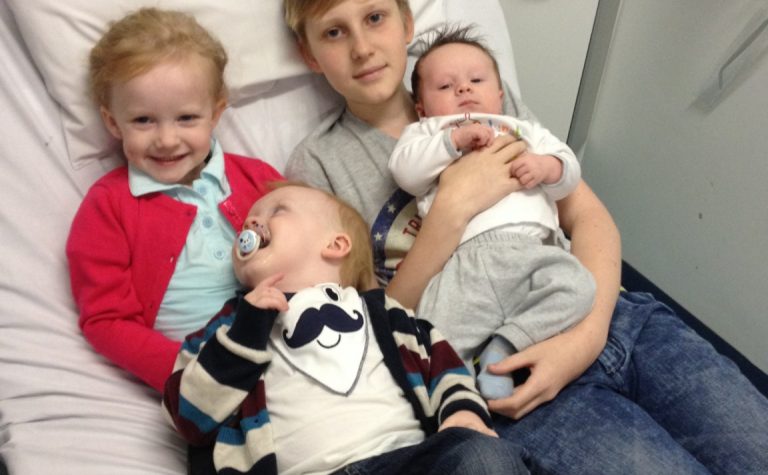Project Details
Project Title
Increasing the susceptibility of neuroblastoma cells to radiotherapy by targeting glycolysis and lipogenesis
Lead Researcher
Professor Anthony Chalmers
Research Centre
Wolfson Wohl Cancer Research Centre, University of Glasgow
City & Institution Postcode
Glasgow, G61 1QH
Start Date
13 September 2021
Duration
36 months
Grant Amount
£249,774
